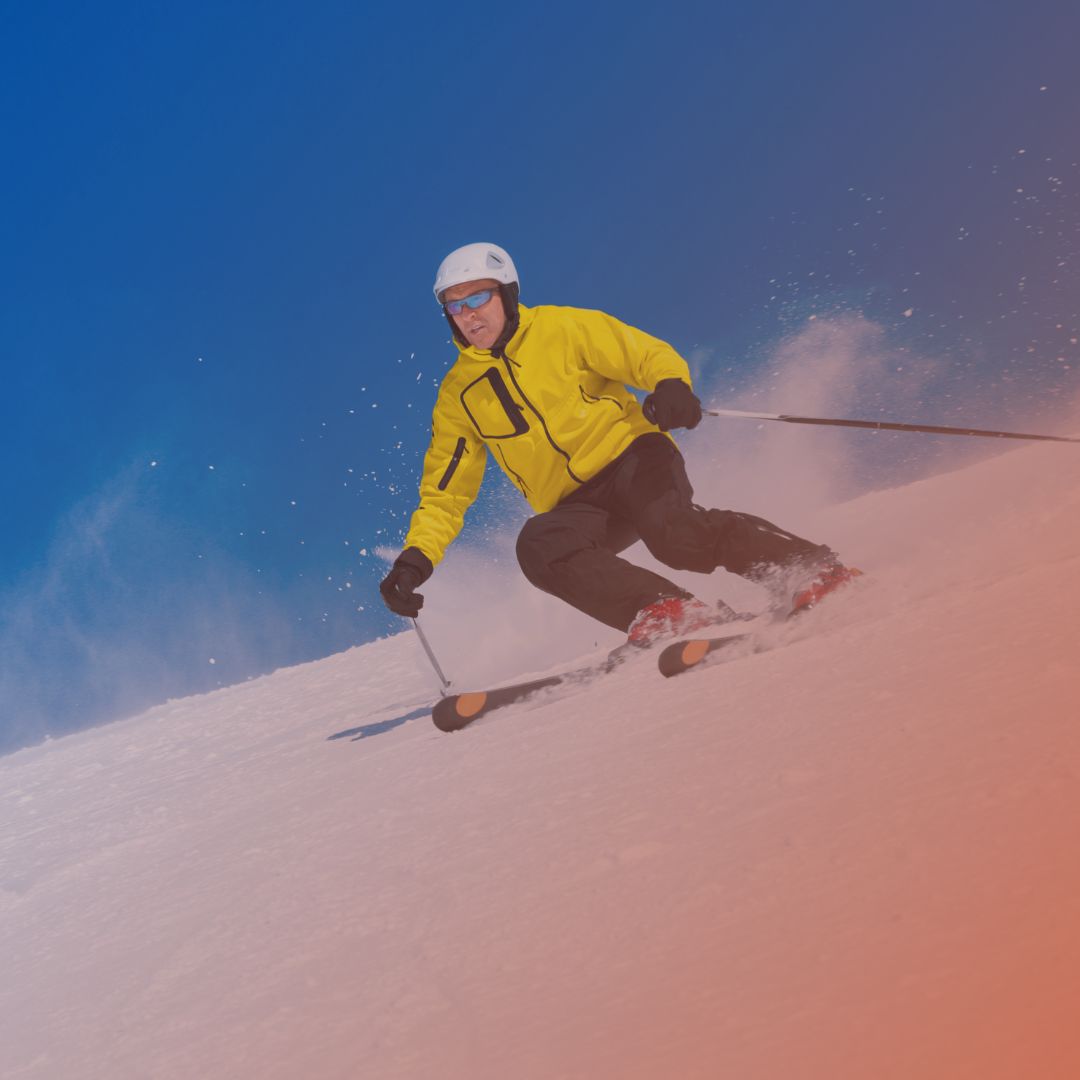 Published on Jan. 1, 2025
Published on Jan. 1, 2025
January is National Winter Sports TBI Awareness Month. Remember, it’s important to stay safe while enjoying winter sports, whether its skiing, snowboarding, ice skating or sledding.
TBI stands for "traumatic brain injury.” This is a serious injury to the brain that can happen when someone hits their head hard. TBI can happen during winter sports, but there are ways to prevent it and stay safe.
At YourLifeIowa.org, we have resources and education about traumatic brain injuries. Learn more about brain injuries, available resources and more on our website.
What Is a Traumatic Brain Injury (TBI)?
A traumatic brain injury happens when there is a strong hit or jolt to the head. This can cause the brain to move inside the skull and become injured.
TBIs can range from mild to severe. A mild TBI is often called a concussion, and it can make you feel dizzy, confused or have a headache. Severe TBIs can cause more serious problems. This can include memory loss or impact our ability to think.
While anyone can get a TBI, they are more common in sports where people fall or crash into something. This includes sports like skiing and ice hockey. That’s why it’s so important to take steps to protect your head while having fun in the snow.
Why Are TBIs Common in Winter Sports?
Winter sports are exciting, but they come with risks. Snow and ice can make it easier to slip or fall. For example:
- Skiing and snowboarding: These sports involve going fast down snowy hills. If someone falls or crashes into another skier or a tree, they could hit their head.
- Ice skating and hockey: Skating on ice can be tricky. Losing balance or colliding with another skater, might result in a fall and hit their head.
- Sledding: Sledding seems like a fun and simple activity. But going down a hill at high speeds can lead to crashes or flips. This can cause TBI.
How to Prevent a TBI During Winter Sports
Even though TBIs are a risk, you can still enjoy winter sports safely by following a few simple rules:
- Wear a helmet: This is the most important thing you can do to protect your head. A well-fitted helmet can help prevent serious brain injuries. Always wear a helmet designed for the sport.
- Follow the rules: Each winter sport has its own set of rules to keep people safe. Make sure to listen to instructors and follow the guidelines. This is very important when on ski slopes or ice rinks.
- Stay in control: It’s fun to go fast, but always make sure you can stop when you need to. Don’t go too fast for your skill level. Be aware of others around you.
- Warm up and take breaks: Cold muscles are more likely to get injured. Make sure to warm up before you start your activity. Take breaks if you feel tired.
- Know your limits: If you’re new to a winter sport, start slowly and build up your skills. Don’t try risky tricks or go on challenging slopes until you feel ready.
If you or someone else has a hard fall or hit to the head, it’s important to pay attention to the signs of a TBI. Symptoms include headache, dizziness, confusion or feeling tired. If you notice any of these, stop playing right away. It’s important to see a doctor if you think you might have a concussion or other brain injury.
